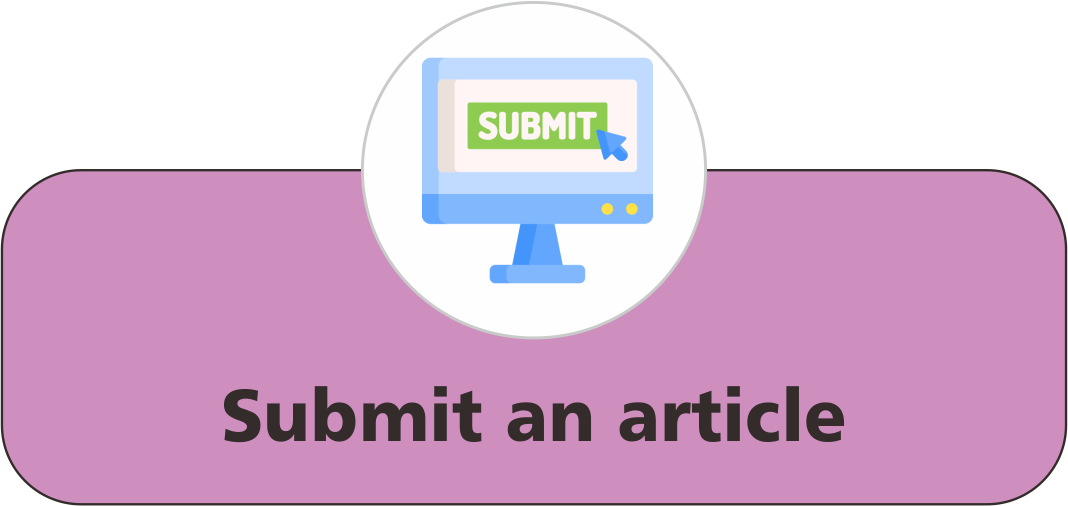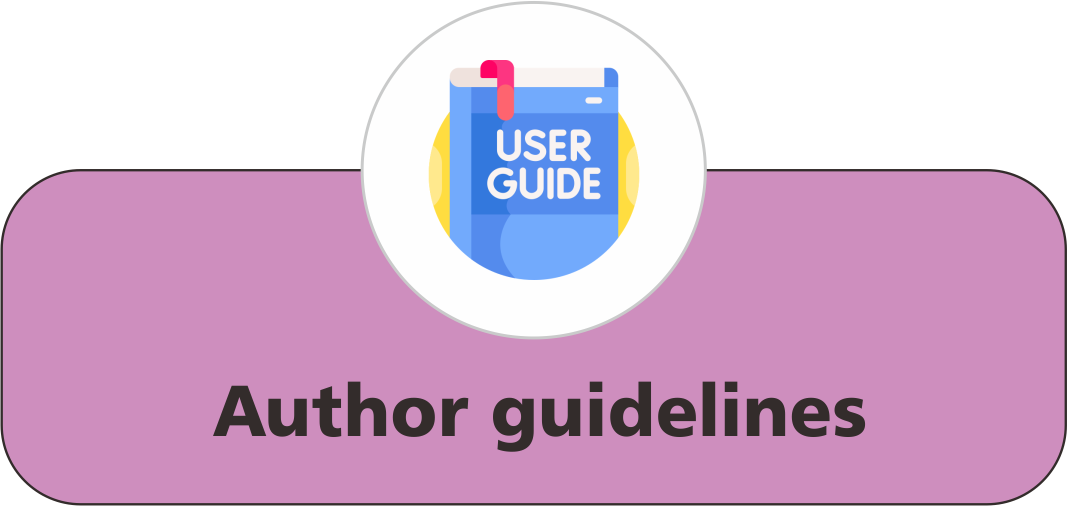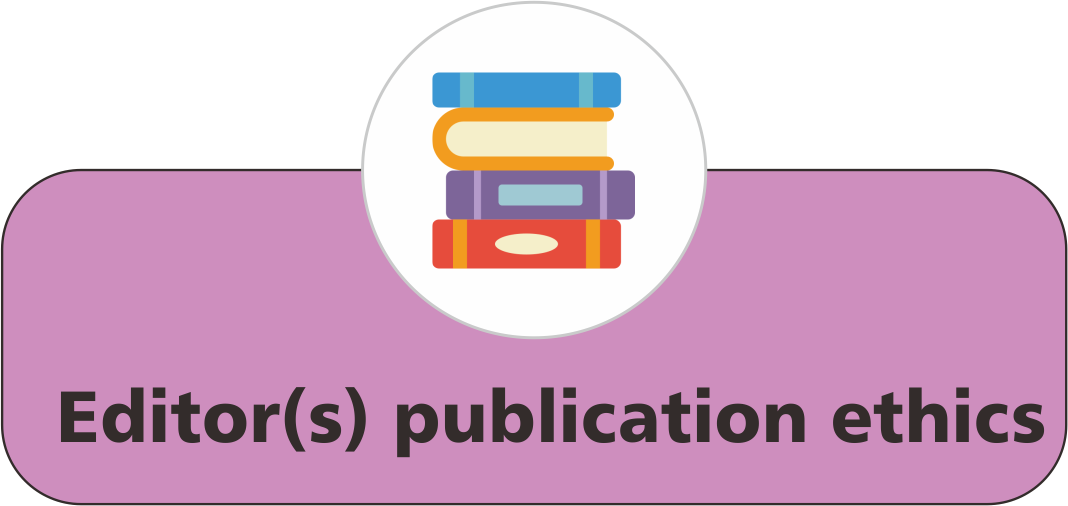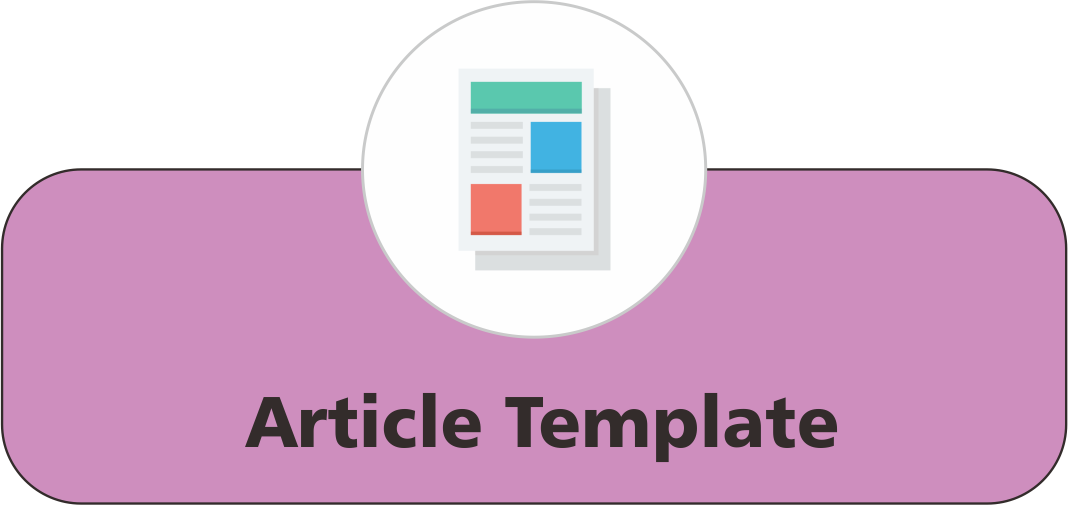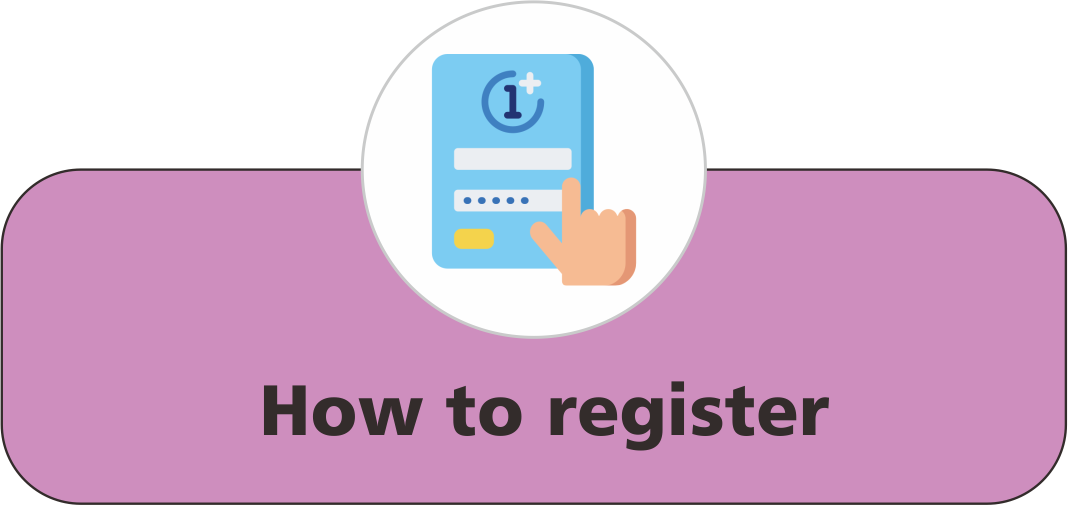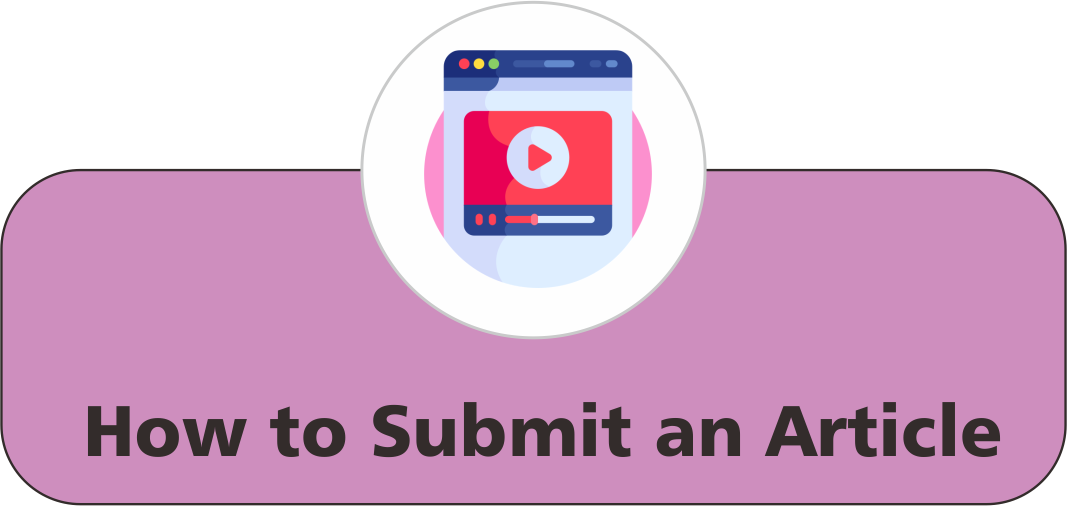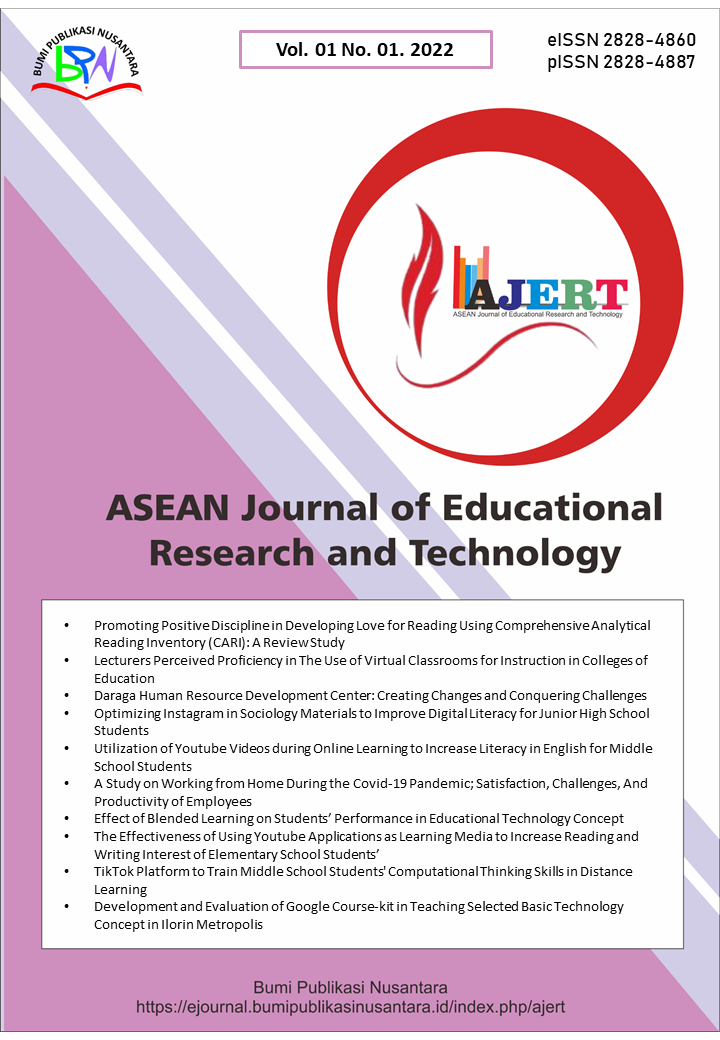Information and Communication Technology (ICT) Integration: A Veritable Technique for Quality Secondary Education
 ), Ismaeel Saka Ajia(2),
), Ismaeel Saka Ajia(2),
(1) Al-Hikmah University
(2) Al-Hikmah University
 Corresponding Author
Corresponding Author
Abstract
Keywords
References
Abioye, K. D., and Akintayo, A. I. (2017). School factors and quality of secondary education in Oyo state, Nigeria. African Journal of Educational Management, 18(2), 175-190.
Adeniyi, A. O. (2019). Quality assurance: The basis for quality secondary education in Nigeria. International Journal of Sociology and Anthropology Research, 5(1), 32-38.
Agbatogun, A. O. (2012). Investigating Nigerian primary school teachers’ preparedness to adopt personal response system in ESL classroom. International Electronic Journal of Elementary Education, 4(2), 377-394.
Akinoso, S. O. (2023). Motivation and ICT in secondary school mathematics using unified theory of acceptance and use of technology model. Indonesian Journal of Educational Research and Technology, 3(1), 79-90.
Akudulo, L. R. (2002). Restructuring Nigerian secondary education system though ICT driven curriculum. Journal of the World Council for Curriculum and Instruction Nigerian, 1, 7-17.
Basri, W. and Suliman, M. (2012). Factors affecting information communication technology acceptance in public organizations in Saudi Arabia. International Journal of Computer Science and Information Security, 10(2), 118–139.
Bolaji, H. O., and Jimoh, H. A. (2023). Usability and utilization of ICT among educational administrators in secondary students in public school. Indonesian Journal of Educational Research and Technology, 3(2), 97-104.
Bolaji, H. O. and Adeoye, M. A. (2022). Accessibility, usability, and readiness towards ICT tools for monitoring educational practice in secondary schools. Indonesian Journal of Multidiciplinary Research, 2(2), 257-264.
Capan, S. A. (2012). Teacher attitudes towards computer use in EFL classrooms. Frontiers of Language and Teaching, 3(2), 248-254.
Dede, C. (2000). Emerging influences of information technology on the school curriculum. Journal of Curriculum Studies, 32(2), 281-303.
Ghavifekr, S. and Rosdy, W. A. W. (2015). Teaching and learning with technology: Effectiveness of ICT integration in schools. International Journal of Research in Education and Science 1(2), 175-191.
Jamieson-Proctor, R., Albion, P., Finger, G., Cavanagh, R., Fitzgerald, R., Bond, T., and Grimbeek, P. (2013). Development of the TTF TPACK survey instrument. Australian Educational Computing, 27(3), 26-35.
Jo-Shan, F. (2013). ICT in education: A critical literature review and its implications. International Journal of Education and Development using Information and Communication Technology, 9(1), 112-125.
Obioha, J. (2005). The role of ICT in information seeking and use amongst research officers in research institutes in Nigeria: The Nigerian institute for oceanography and marine research institute experience. The International Information and Library Review, 37(4), 303-314.
Osborne, J., and Collins, S. (2000). Pupils and parents' views of the school science curriculum. School Science Review, 82(298), 23-31.
Shah. S., S. (2022). Teaching and learning with technology: Effectiveness of ICT integration in schools. Indonesian Journal of Educational Research and Technology, 2(2), 133-140.
Article Metrics
Abstract View : 2142 times
: 2142 times Download : 1178 times
Download : 1178 times
Refbacks
- There are currently no refbacks.
Copyright (c) 2022 Bumi Publikasi Nusantara

This work is licensed under a Creative Commons Attribution-ShareAlike 4.0 International License.

